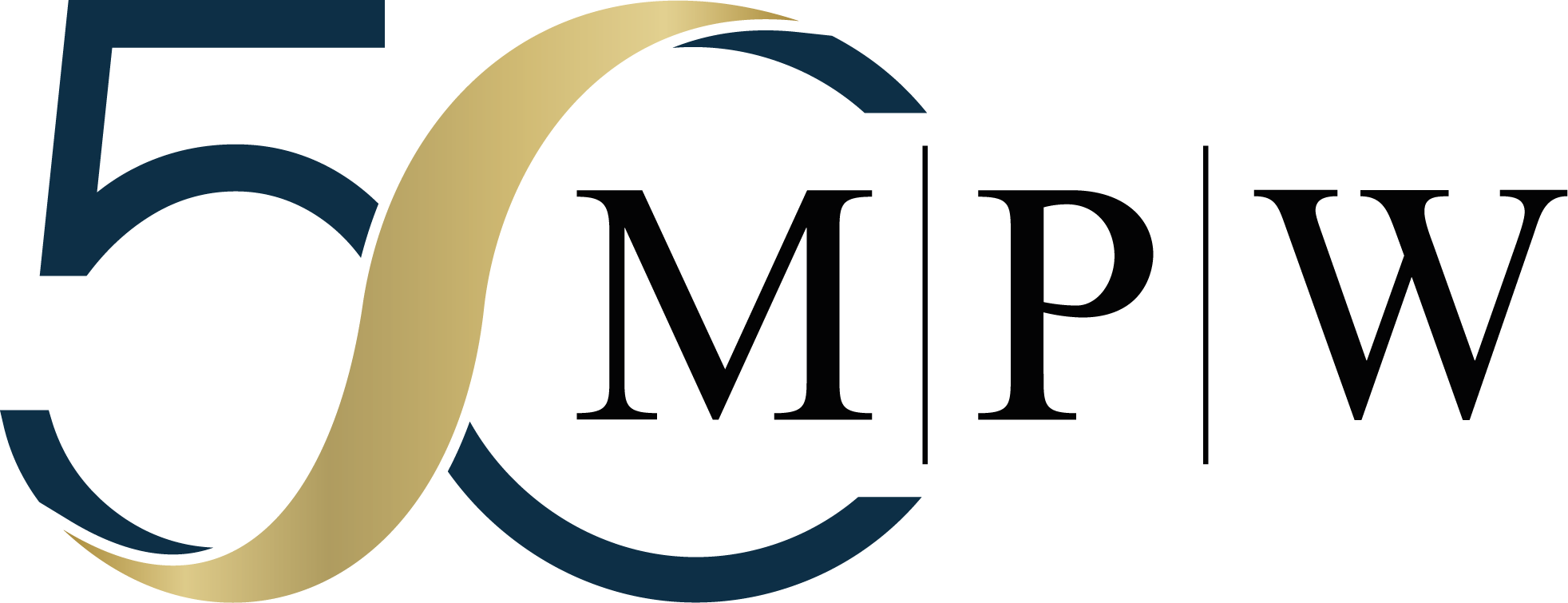A Level Computer Science
What is it about at sixth form level?
One of Microsoft’s early dreams was a computer in every home and on every desk. Today, around a quarter of the world’s population carries around daily a computer in the form of a phone and more and more people are embracing the “internet of things”, allowing them to interact remotely and intelligently with their domestic appliances. Impressive as the hardware is, it is nothing without well-written software. What makes the modern world work are computer programs.
In this course, you will study computational thinking and learn the skills of programming. You will learn to analyse a problem by identifying its component parts, use algorithms to describe problems, identify the components of a solution to a problem and determine the order of the steps needed to solve a problem. Alongside the study of formal aspects of computing, you will also examine a range of legal and moral issues such as how social media has led to concerns being raised over privacy and whether computers will make too many people redundant.
Why study it and what skills does it develop?
The course will develop your skills across a broad range of areas. Through learning the fundamental principles and concepts of computer science you will develop the ability to thinking creatively, innovatively and analytically about how to solve computational problems. The challenge of writing a program in the upper sixth year will then give you valuable practical experience of problem-solving. The study of the moral and legal opportunities and risks of digital technology will give you a good understanding of important issues that are of relevance across a wide range of other subjects and future workplaces.
What prior knowledge and skills are required?
The course requires a good grounding in computer science. It is not suitable for beginners. You either need GCSE Computer Science or good experience programming in languages such as Python, C, Visual Basic, and so on. The abstract and logical nature of the course means that students will also need to have at least a grade 7 in Maths (I)GCSE.
How is the course assessed?
A level
For the A level, there are two exams and a project. Paper 1 (Computing Principles) is worth 40% and is examined by a written paper of 2 hours 30 minutes. There is a mix of short and long answer questions that may cover. Paper 2 (Algorithms and Problem Solving) is worth 40% and is examined by a written paper of 2 hours 30 minutes. A task is chosen by the student. The underlying approach to the project is to apply the principles of computational thinking to a practical coding problem. Students will be expected to analyse, design, develop, test, evaluate and document a program written in a suitable programming language. The project is internally assessed and externally moderated. It is worth 20% of the A level and will be worked on over the Autumn and Spring terms of the upper sixth year.
Reading
OCR AS and A Level Computer Science
PM Heathcote and RSU Heathcote
PG Online Limited ISBN 978-910523-05-6
Exam Board and Specification Codes
OCR H446
Christine Gavin
Head of Department
Discover more at MPW
Success Stories
In their own words - testimonials from our past students and their parents.

